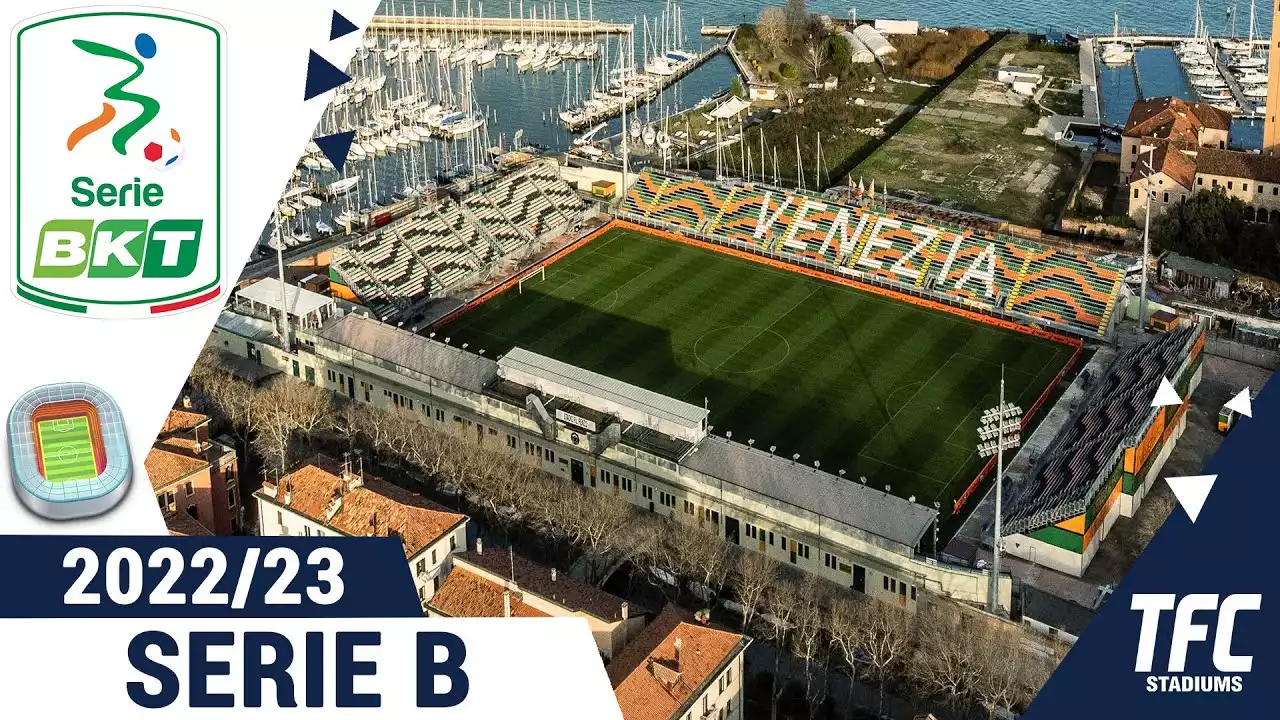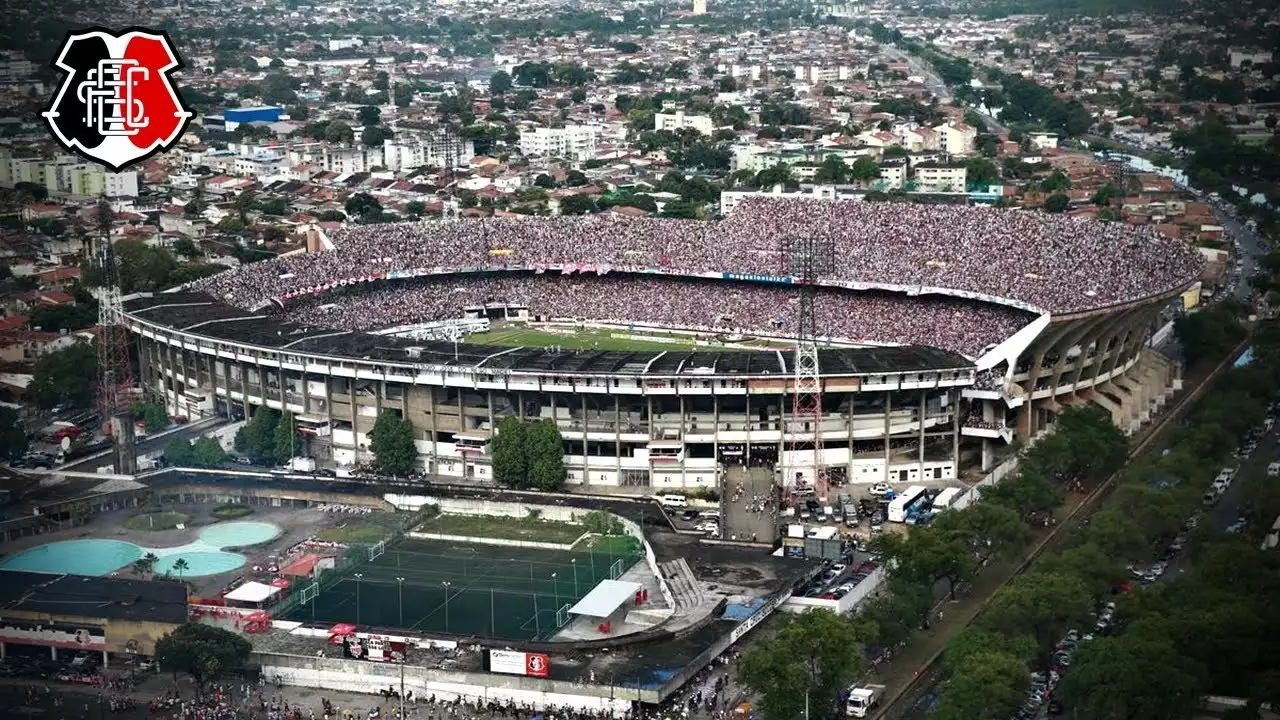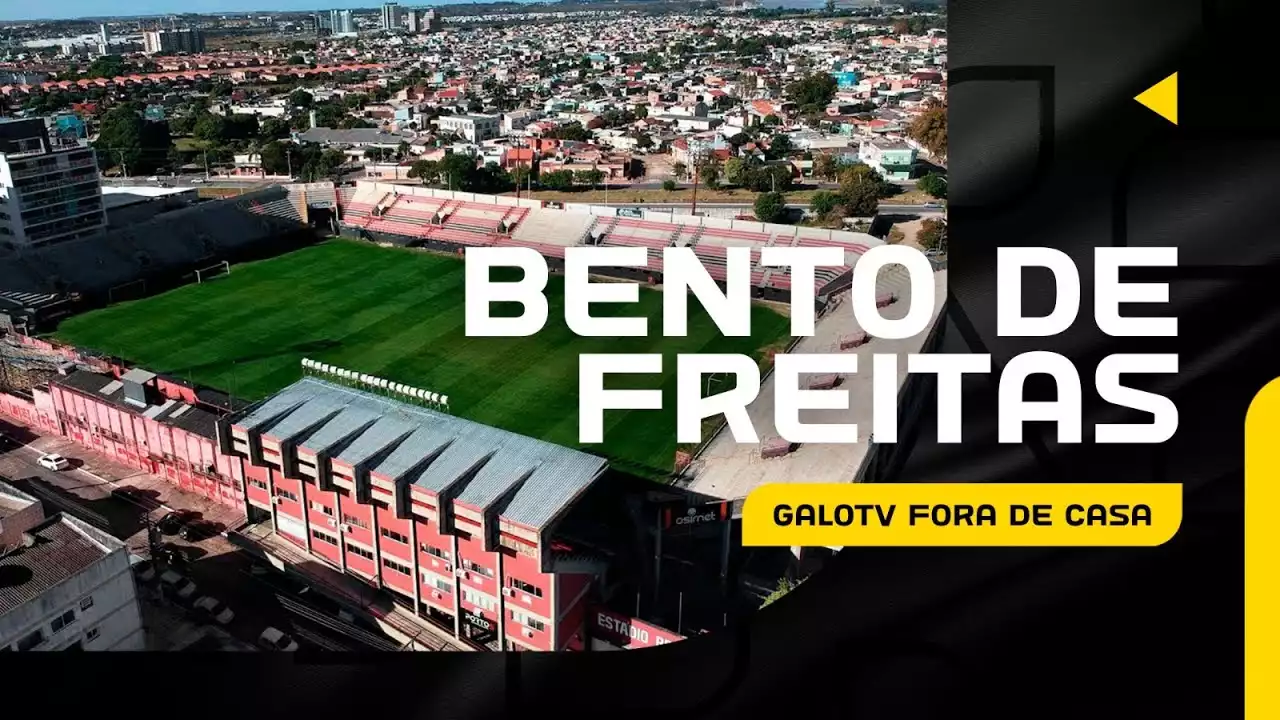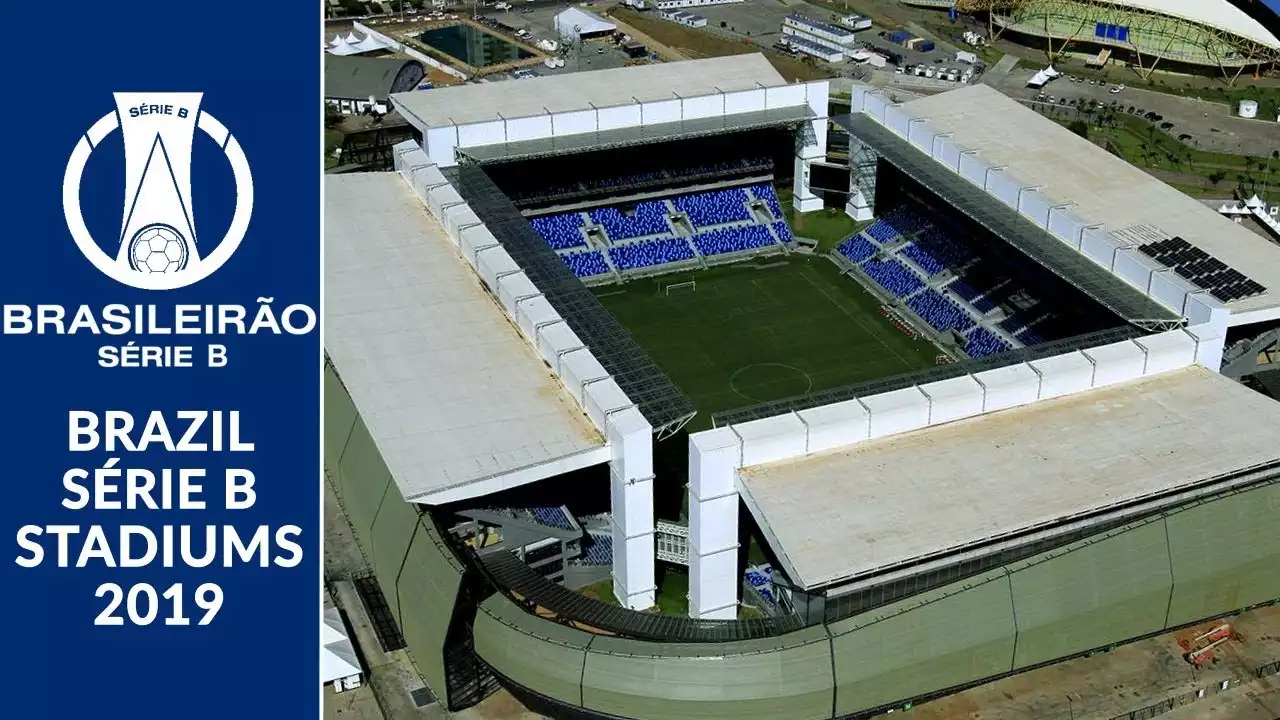How Série B Stadiums drive tourism
One of the primary ways that Série B stadiums contribute to their local economies is by driving tourism. Football matches are a major attraction for both local and international tourists, bringing in thousands of visitors to the host cities. This influx of tourists creates a ripple effect on the local economy, as visitors require accommodations, food, transportation, and other services during their stay. In addition, football fans are known for their loyalty to their favorite teams and often travel to away matches to support their team, further boosting the tourism industry in the host cities.
Série B stadiums also have a significant impact on the tourism industry in the long run. Many fans who visit the host cities for football matches often return for leisure or business travel, thus contributing to the growth of the local tourism industry. The presence of a Série B stadium in a city also enhances the city's reputation as a sports destination, attracting more visitors and generating more revenue for the local economy. In short, Série B stadiums are a crucial component of the tourism industry in Brazil, driving economic growth and creating job opportunities.
Serie B 2022/23 Stadiums
Job creation and economic impact of Série B Stadiums
Série B stadiums have a direct impact on job creation and the local economy. The construction and maintenance of these stadiums require a significant amount of labor, generating employment opportunities for the local population. In addition, the operation of Série B stadiums requires staff in various areas such as ticketing, security, hospitality, and maintenance, creating additional job opportunities for the local community.
Furthermore, the economic impact of Série B stadiums extends beyond the stadium's premises. The increased economic activity generated by the stadiums leads to the development of new businesses and industries, creating a ripple effect on the local economy. For example, the demand for food and beverage services increases during football matches, leading to the establishment of new restaurants and bars in the surrounding areas. The growth of these businesses contributes to the local economy by creating new jobs and generating revenue for the city.
Revenue generated from ticket sales and merchandise
Série B stadiums generate a significant amount of revenue from ticket sales and merchandise. Fans are willing to pay a premium to watch their favorite teams play in person, which translates into increased revenue for the Série B clubs. In addition, the sale of merchandise such as team jerseys, scarfs, and hats generates additional revenue for the clubs.
The revenue generated from ticket sales and merchandise has a significant impact on the local economy. The clubs reinvest this revenue into the development of their teams, which leads to the creation of new job opportunities in areas such as coaching, player development, and management. Furthermore, the revenue generated by the Série B clubs circulates through the local economy, as the clubs purchase goods and services from local businesses, contributing to the growth of the local economy.
Série B Stadiums as event venues for concerts and other non-sport events
Série B stadiums are not only used for football matches, but also as event venues for concerts, festivals, and other non-sport events. The size and capacity of these stadiums make them ideal for hosting large-scale events, attracting visitors from all over the country and generating revenue for the local economy.
The use of Série B stadiums as event venues has a significant impact on the local economy. The revenue generated from these events contributes to the development of the local tourism industry, creating job opportunities and generating revenue for the city. In addition, the use of Série B stadiums as event venues enhances the city's reputation as a cultural and entertainment destination, attracting more visitors and contributing to the growth of the local economy.
Local business partnerships with Série B Stadiums
Série B stadiums often form partnerships with local businesses, creating a symbiotic relationship that benefits both parties. The clubs partner with local businesses to provide services such as food and beverage, merchandise sales, and transportation, generating revenue for both the clubs and the businesses.
These partnerships have a significant impact on the local economy. The revenue generated by these partnerships circulates through the local economy, creating job opportunities and contributing to the growth of the local businesses. In addition, the partnerships between Série B clubs and local businesses contribute to the development of the city's infrastructure, creating a more attractive environment for visitors and residents alike.
CRICIÚMA 1 X 1 GUARANI | MELHORES MOMENTOS | 17ª RODADA BRASILEIRÃO SÉRIE B 2023 | ge.globo
The social impact of Série B Stadiums on their communities
Série B stadiums also have a significant social impact on their communities. Football matches bring people together from all walks of life, creating a sense of community and belonging. The passion and energy of the fans create a unique atmosphere that is hard to replicate in any other setting. In addition, the clubs often engage in social initiatives such as charity events, community outreach programs, and youth development programs, contributing to the overall well-being of the community.
The social impact of Série B stadiums on their communities extends beyond football matches. These stadiums often serve as gathering places for various events and celebrations, creating a sense of pride and identity among the residents. The stadiums are a symbol of the community's spirit and resilience, creating a positive impact on the overall quality of life in the city.
Examples of successful Série B Stadiums and their impact on local economies
The economic impact of Série B stadiums can be seen in various cities across Brazil. For example, the Arena da Baixada in Curitiba has played a significant role in the development of the local economy. The stadium has attracted thousands of visitors to the city, generating revenue for local businesses and creating job opportunities. In addition, the stadium has served as a catalyst for the development of the surrounding areas, leading to the construction of new hotels, restaurants, and other businesses.
Another example of a successful Série B stadium is the Estádio do Arruda in Recife. The stadium has a capacity of over 60,000 and has attracted visitors from all over Brazil and beyond. The revenue generated from ticket sales and merchandise has contributed to the growth of the local economy, creating job opportunities and contributing to the development of the local tourism industry.










